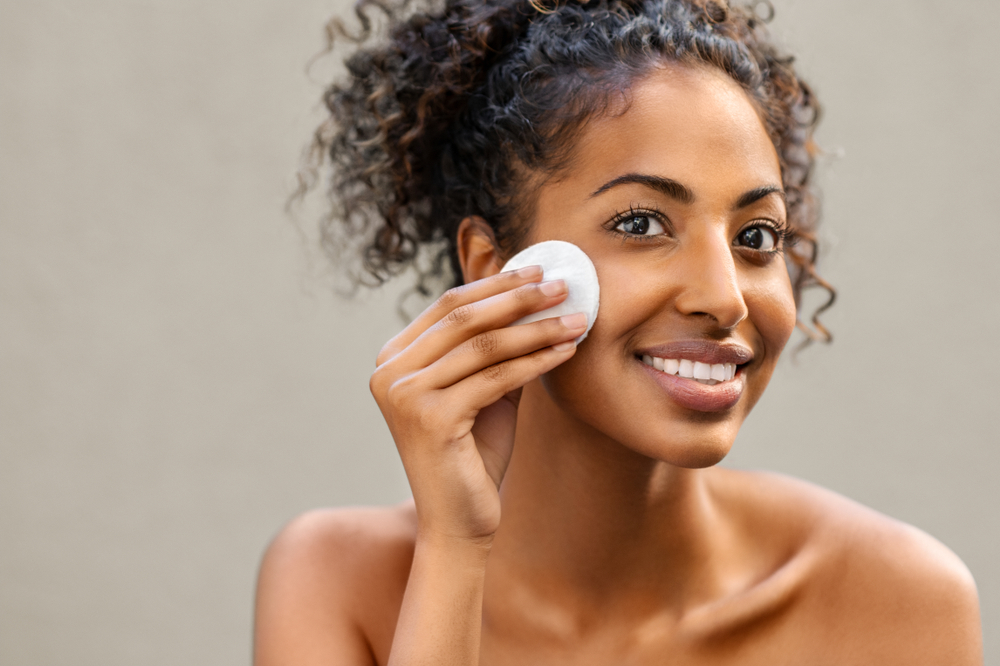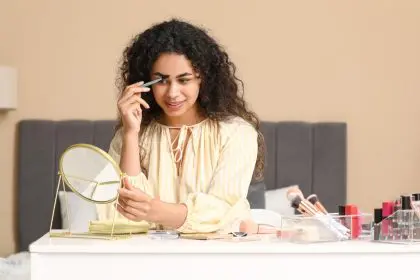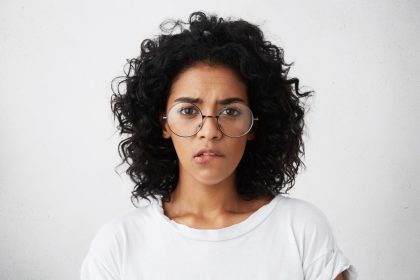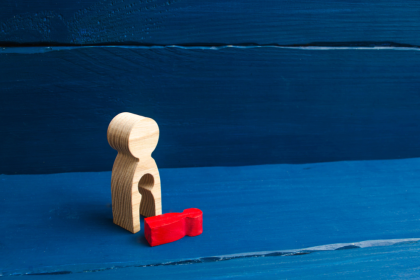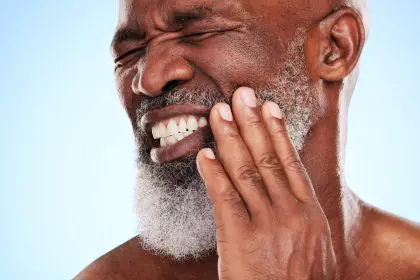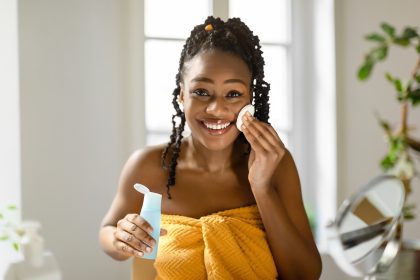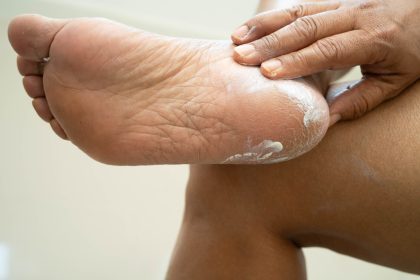Your lipstick isn’t just lipstick. That foundation isn’t just covering imperfections. Every swipe, blend, and brush stroke is actually rewiring your brain and changing how you move through the world. The psychology of makeup goes far deeper than vanity or societal expectations, it taps into fundamental aspects of human psychology that affect everything from your posture to your willingness to speak up in meetings.
Scientists have been studying the psychological effects of makeup for decades, and what they’ve discovered is fascinating. Makeup doesn’t just change how others see you, it literally changes how you see yourself and behave. Understanding this psychology can help you harness the confidence-boosting power of your beauty routine more intentionally.
The mirror neuron effect creates instant confidence
When you look in the mirror after applying makeup, your brain experiences what researchers call the mirror neuron effect. You see someone who looks more polished, put-together, and ready to face the world, and your brain starts to embody those qualities. This isn’t about conforming to beauty standards, it’s about the psychological phenomenon of becoming what you see.
Your brain doesn’t distinguish between internal and external changes when it comes to self-perception. When you see yourself looking more confident in the mirror, your nervous system starts to generate the feelings and behaviors that match that visual. This is why many people report feeling more capable and assertive after their morning makeup routine.
Color psychology influences mood and behavior
The colors you choose for your makeup aren’t just aesthetic decisions, they’re psychological tools that can influence your mood and energy levels. Red lipstick, for example, has been shown to increase feelings of power and assertiveness. The color red is associated with strength, passion, and confidence across cultures, and wearing it close to your face can activate these psychological associations.
Bold eye makeup in darker shades can create feelings of mystery and sophistication, while brighter colors can boost feelings of playfulness and creativity. Even neutral tones send psychological signals about professionalism and reliability. Your color choices are essentially mood programming for both yourself and others.
The ritual aspect creates mental preparation
The process of applying makeup serves as a psychological transition ritual that helps your brain shift from private self to public self. This ritual time allows you to mentally prepare for the day ahead while engaging in a focused, meditative activity that many people find calming and centering.
Rituals are powerful psychological tools that help humans manage transitions and anxiety. Your makeup routine creates a buffer between waking up and facing the world, giving your mind time to organize itself and build confidence gradually. The repetitive motions and familiar steps can be genuinely therapeutic and stress-reducing.
The armor effect provides psychological protection
Many people describe makeup as putting on armor, and this metaphor is psychologically accurate. Makeup can create a psychological barrier between your vulnerable inner self and the external world, providing a sense of protection and control over how you’re perceived.
This armor effect isn’t about hiding who you are, but about having choice and agency in your self-presentation. When you feel more in control of how you look, you often feel more in control of how you interact with others. This sense of agency can significantly boost confidence and reduce social anxiety.
Enhancement versus transformation affects self-esteem differently
The psychological impact of makeup depends largely on whether you’re using it for enhancement or transformation. Enhancement makeup, which emphasizes your natural features, tends to boost confidence by making you feel like the best version of yourself. Transformation makeup, which dramatically changes your appearance, can be fun and empowering but may sometimes create dependence on external validation.
Understanding this distinction can help you use makeup in ways that genuinely support your confidence rather than undermining it. The goal is feeling authentically powerful rather than feeling like you need to hide behind a mask.
The confidence feedback loop
Perhaps most importantly, makeup creates a positive feedback loop with confidence. When you feel more confident because of how you look, you behave more confidently. When you behave more confidently, others respond to you more positively, which reinforces your confidence and makes you more likely to continue the behaviors that created the positive response.
This feedback loop explains why makeup can have lasting effects on confidence that extend beyond the time you’re actually wearing it. The confidence behaviors you practice while wearing makeup can become natural parts of your personality over time.
The psychology of makeup reveals that your beauty routine is actually a sophisticated confidence-building tool that works through multiple psychological mechanisms simultaneously.

